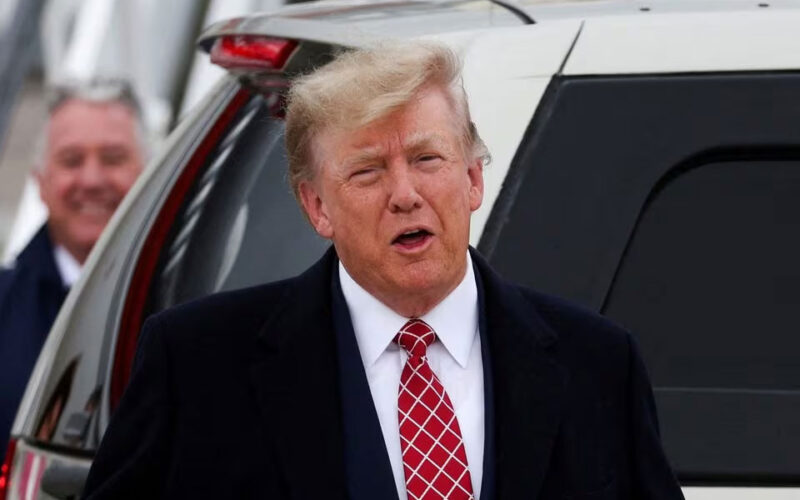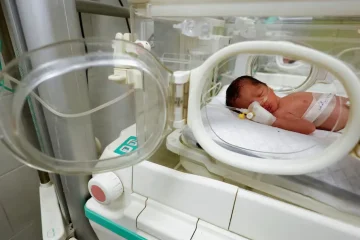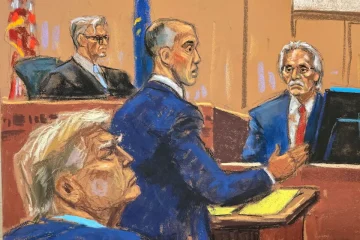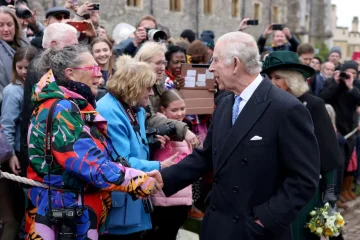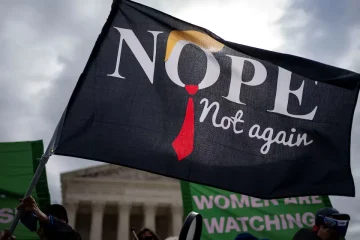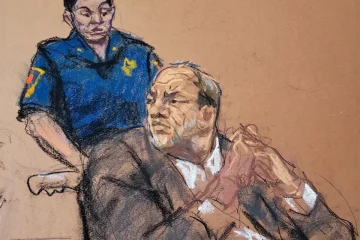A U.S. appeals court ruled that Donald Trump does not have immunity from criminal charges accusing him of trying to overturn his 2020 election defeat, but the decision does not mean the former U.S. president will head immediately to trial.
Here is a look at next steps in the case:
WHAT HAPPENS NEXT?
Trump plans to appeal the ruling by a three-judge panel of the U.S. Court of Appeals for the District of Columbia Circuit, a campaign spokesperson said. He could either ask the full D.C. Circuit court to reconsider the panel’s ruling or go directly to the U.S. Supreme Court.
Progress in the case has been halted since December while Trump pursues the immunity claim and his appeal has already postponed the scheduled March 4 trial date.
The appeals court paused the effect of its ruling until Monday to give Trump time to appeal to the Supreme Court. If the justices agree to take up the issue, the case is likely to remain paused for weeks or months while the high court considers the appeal.
If Trump asks the full D.C. Circuit to weigh in, the case will move forward while the judges decide whether to reconsider the ruling. But if a majority of the 11 active judges on the court agree to take the case, the pause will again take effect.
WHY IS TRUMP SEEKING DELAY?
If Trump, the frontrunner for the Republican presidential nomination, wins the November election and once again becomes president, he could seek to pardon himself or direct the Justice Department to drop the charges. A delay would also prevent weeks of court proceedings that are expected to feature testimony from current and former political allies about Trump’s refusal to accept his 2020 election defeat and attempts to thwart the certification of the vote.
Even a more modest delay could benefit Trump. U.S. District Judge Tanya Chutkan, who is overseeing the case, may be reluctant to schedule a trial that would sideline Trump for months in the middle of the fall campaign season.
WHEN MIGHT A TRIAL HAPPEN?
It remains unclear. Chutkan last week postponed the March 4 trial date, saying she would schedule a new date once the case returns to her courtroom.
If the Supreme Court elects not to take up Trump’s immunity appeal, the case would likely return to Chutkan in a matter of weeks, setting the stage for a trial this spring or early summer.
But the Supreme Court, whose 6-3 conservative majority includes three Trump nominees, may want to weigh in on this significant an issue.
If the justices take the appeal, the case will remain in legal limbo and the trial’s timing will depend on how quickly the high court issues its ruling. A decision that Trump is entitled to immunity for official actions could end the case altogether or lead to additional delays while courts determine which allegations in the indictment might be tossed out.

